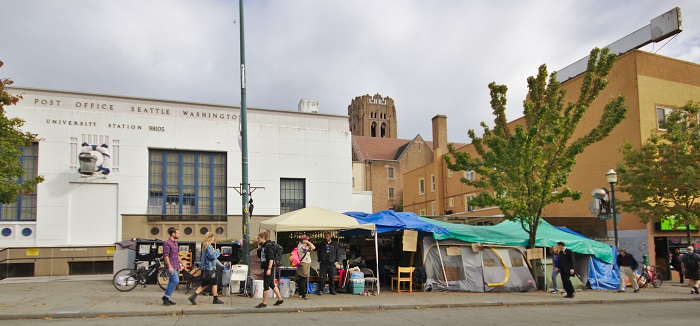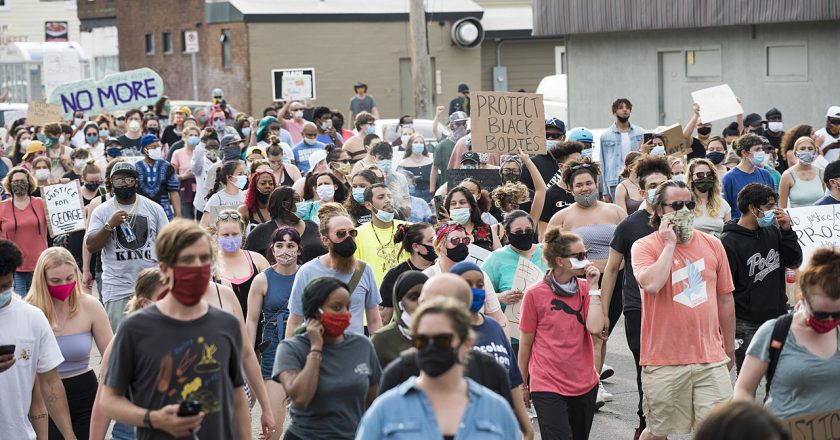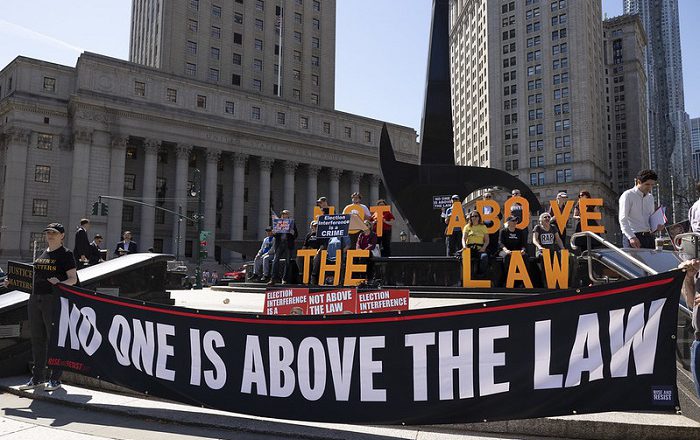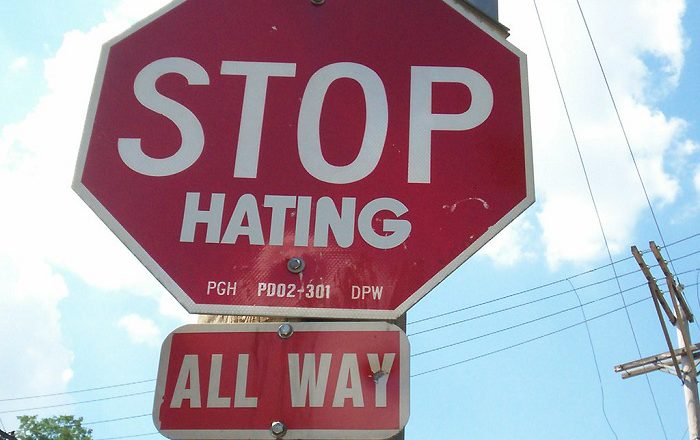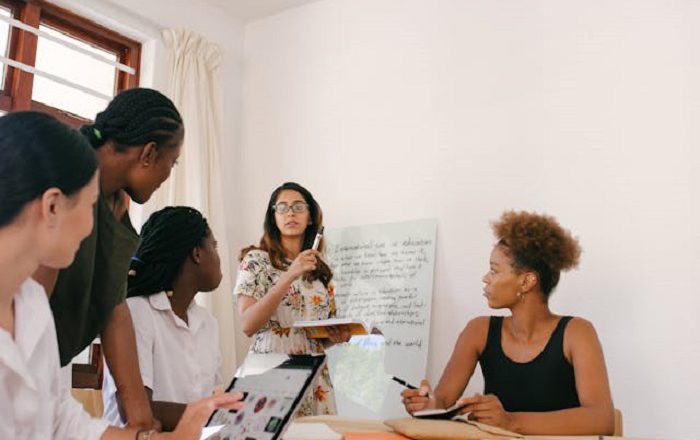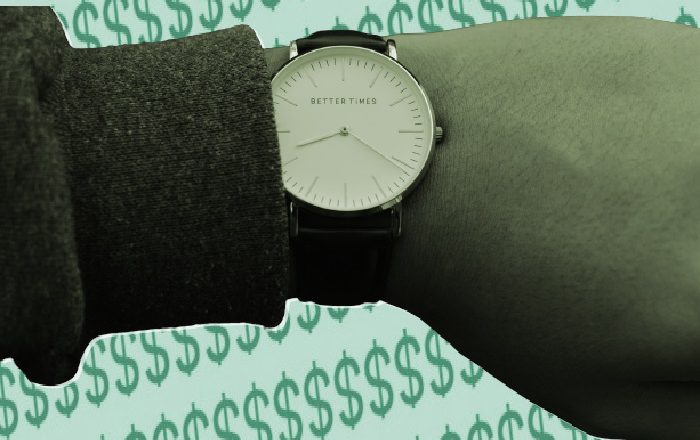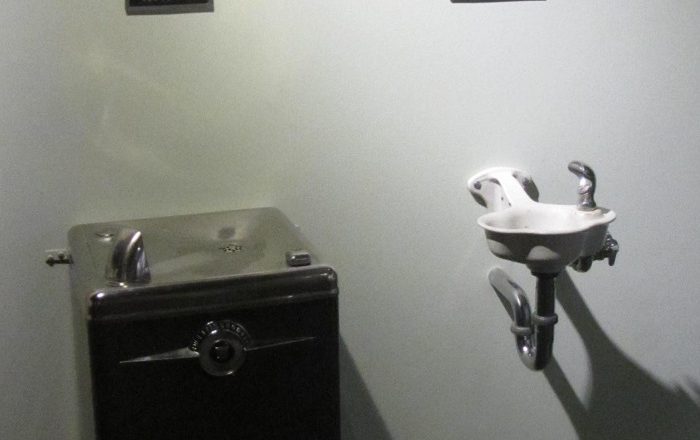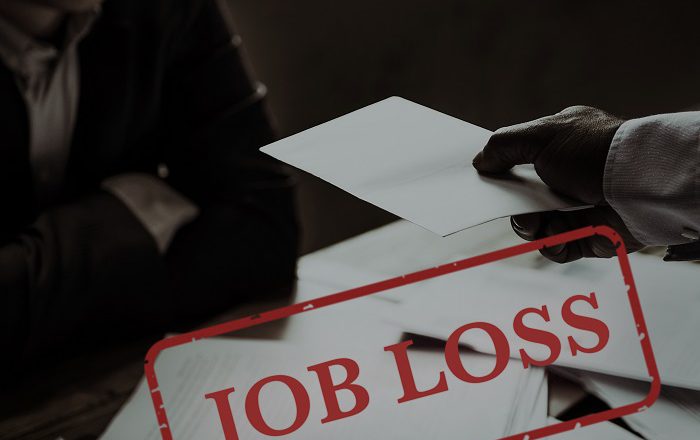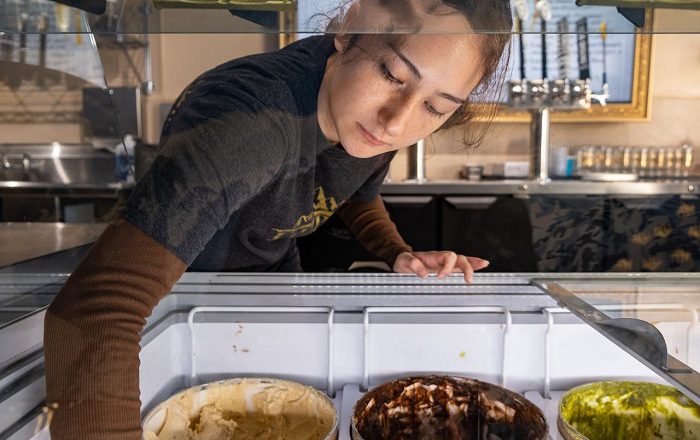Supreme Court Just Upheld Camping Bans Effectively Making Homelessness A Crime
How camping bans − like the one the Supreme Court just upheld − can fit into ‘hostile design’: Strategies to push out homeless people.
If you have no shelter and are arrested for sleeping outside, are you being punished for something you did – or for being homeless?
On June 28, 2024, the U.S. Supreme Court decided 6-3 that the Oregon city of Grants Pass may prohibit camping, even if there are no free shelter beds in the area. Critics have argued that this policy was a form of “cruel and unusual punishment,” in violation of the Eighth Amendment to the U.S. Constitution. A lower court agreed, saying it is unconstitutional to arrest people for a normal and necessary human behavior – sleeping – if there is nowhere else to go.
But Friday’s decision reversed that ruling. Such laws do not ...

